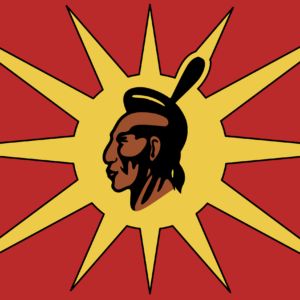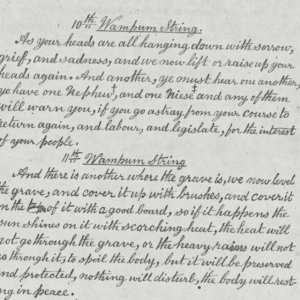
When you pick up a copy of our paper, the cover usually lets you jump right into the most important thing that happened in either our community or Indian Country.
You then get to flip through the pages and give life to the images and words that carry the stories of our community and Indian Country. At times the stories can bring you pride and joy, sadness or remorse, and anger. They can even incite emotions you didn’t know you had.
This is the power of pen and paper, and you as a reader get to experience this in the rawest of forms.
But, what you do not see in our paper is the empty coffee cups, the uncharged batteries and full memory sticks. You probably won’t see a photographer fighting to get to the front of a scrum to get a good photo of whoever it is that’s posing. You may not ever even think about the edits made to a written piece or how many eyes read it before you did.
You might think “wow that’s a good shot,” when you see one of our photos, but you won’t know how long we waited with the right shutter speed and exposure to capture it.
You might think “hey there’s a sale nearby,” when you view an ad, but you won’t know who designed it in such a way that made it pop out when you seen it.
All of us in this work place were once in your shoes. We could look at things in media without thinking about the people behind it — the only time we’d care to check the bylines is when it was something we didn’t agree with or we didn’t like. And that was easy.
So, now that we are behind the scenes we feel the weight of what we’re doing. We try to provide content that allows our readers to be informed and knowledgeable. We try to provide content that Onkwehon:we people can identify with, be it positive or negative, and at the same time we also try to educate those around us that are not Onkwehon:we. We also write to share collective knowledge, be it historical or traditional.
In saying this — systemically languages were nearly taken and with it voices were quieted, but were never silenced. This paper is an outlet for voices to be loud again and to have stories told.
But sometimes, we’re like invisible warriors going out into the world to find stories worth telling. And just like snipers in the night, the only time we’re seen is when we make a mistake. That is the payment we must pay to be a part of this industry and it has made our voices stronger because of it.
In other words; you as a reader have made us stronger and made us want to do our work justice and with purpose.
So, nia:wen.






